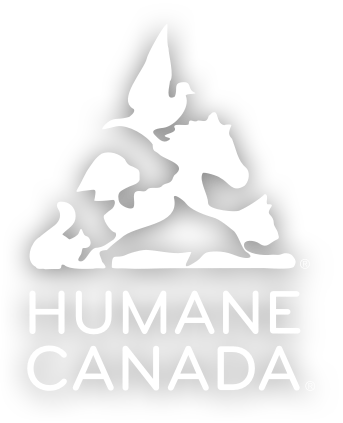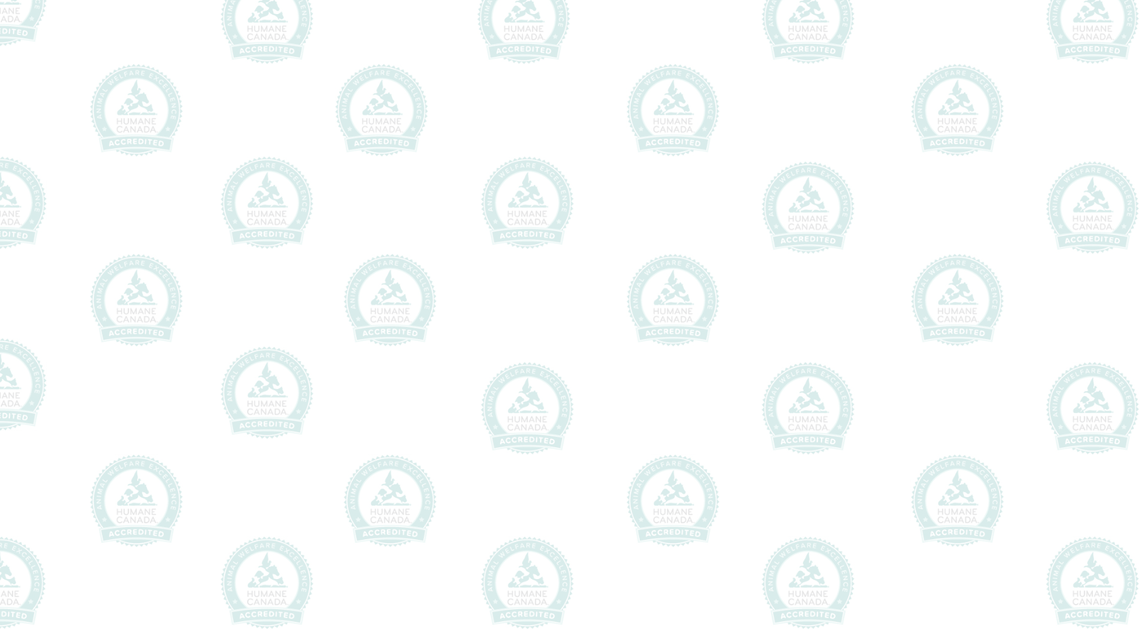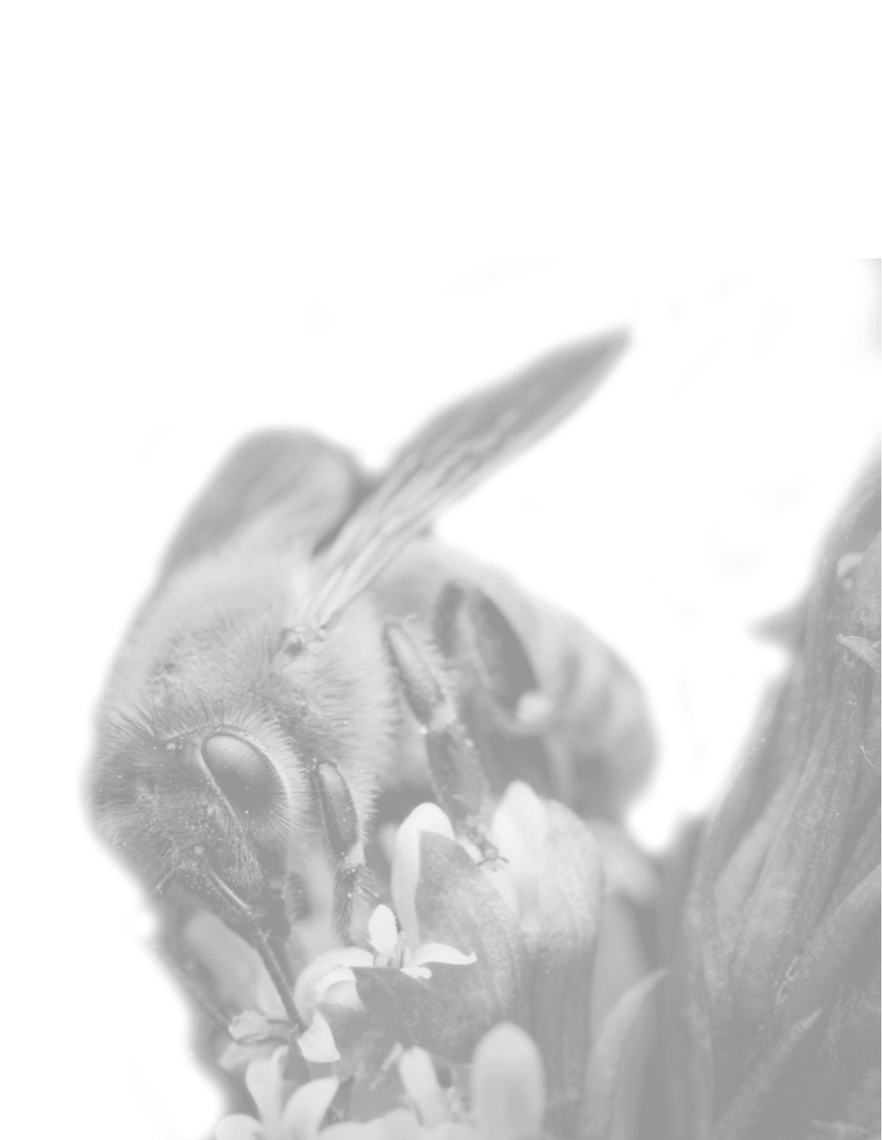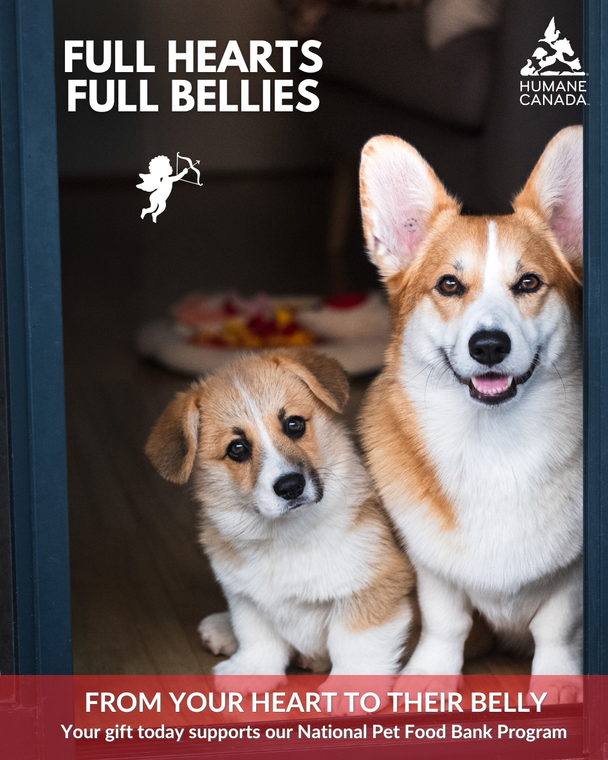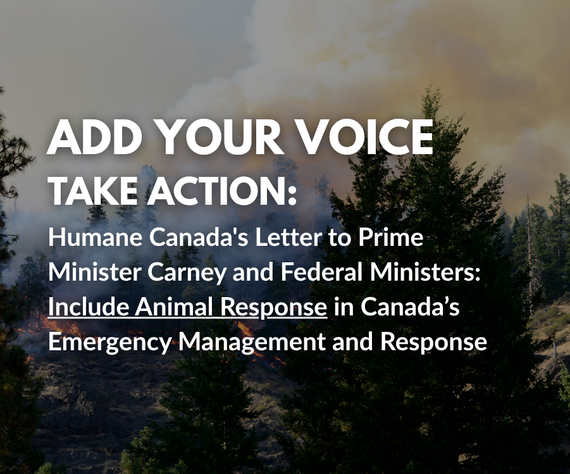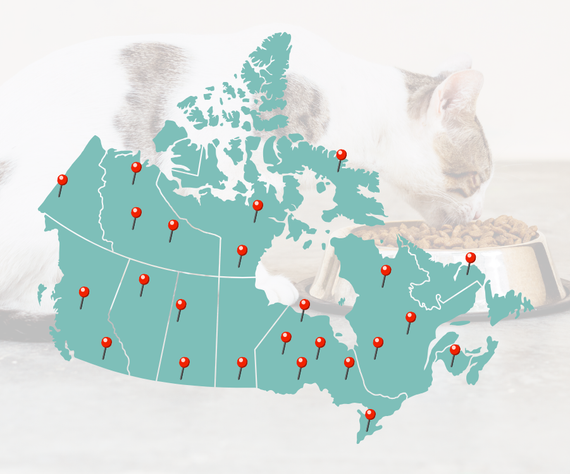Our nationally recognized program is dedicated to elevating the standards of animal welfare organizations throughout the country. The accreditation seal serves as a mark of excellence, signifying that an organization adheres to the highest principles of ethical care, operational transparency, and community engagement for animals in need.
By choosing an accredited organization, you can trust that the animals are treated with compassion, respect, and dignity, and that best practices are consistently maintained. Humane Canada Accreditation not only supports animal shelters in their pursuit of excellence, but also provides peace of mind to supporters, adopters, and the public who want to make a positive difference in the lives of animals.
Look for our Seal of Accreditation to demontrate the highest level of excellence in animal care, governance, accountability and transparency.

Humane Canada Accreditation isn’t just an award—it’s a powerful symbol of excellence!
The following organizations have earned their Seal of Accreditation.
They are true leaders who are setting a new benchmark for animal welfare across Canada.
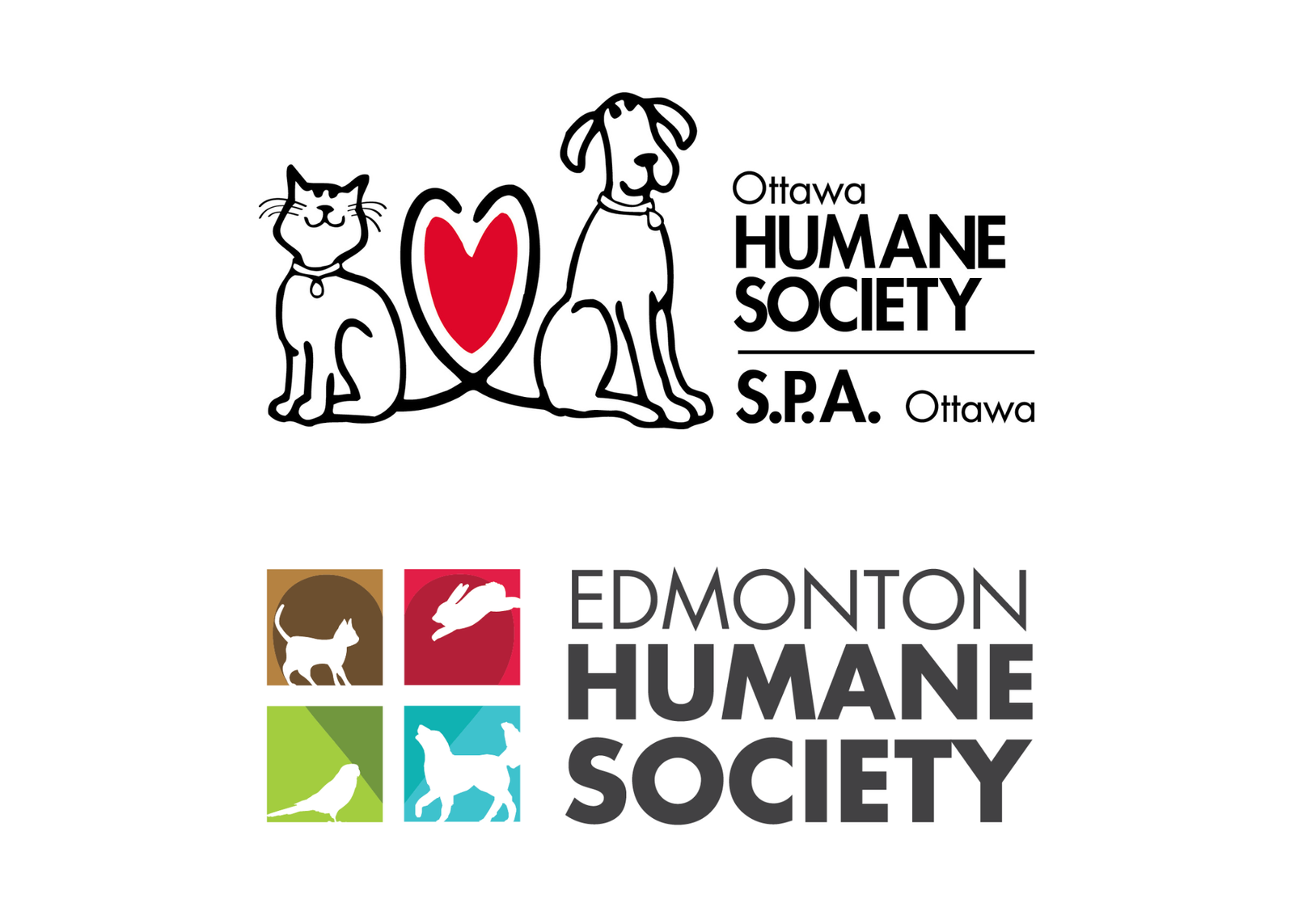
Interested in earning your Accreditation? Contact us today to learn more.
